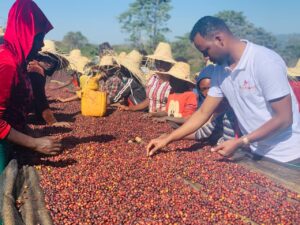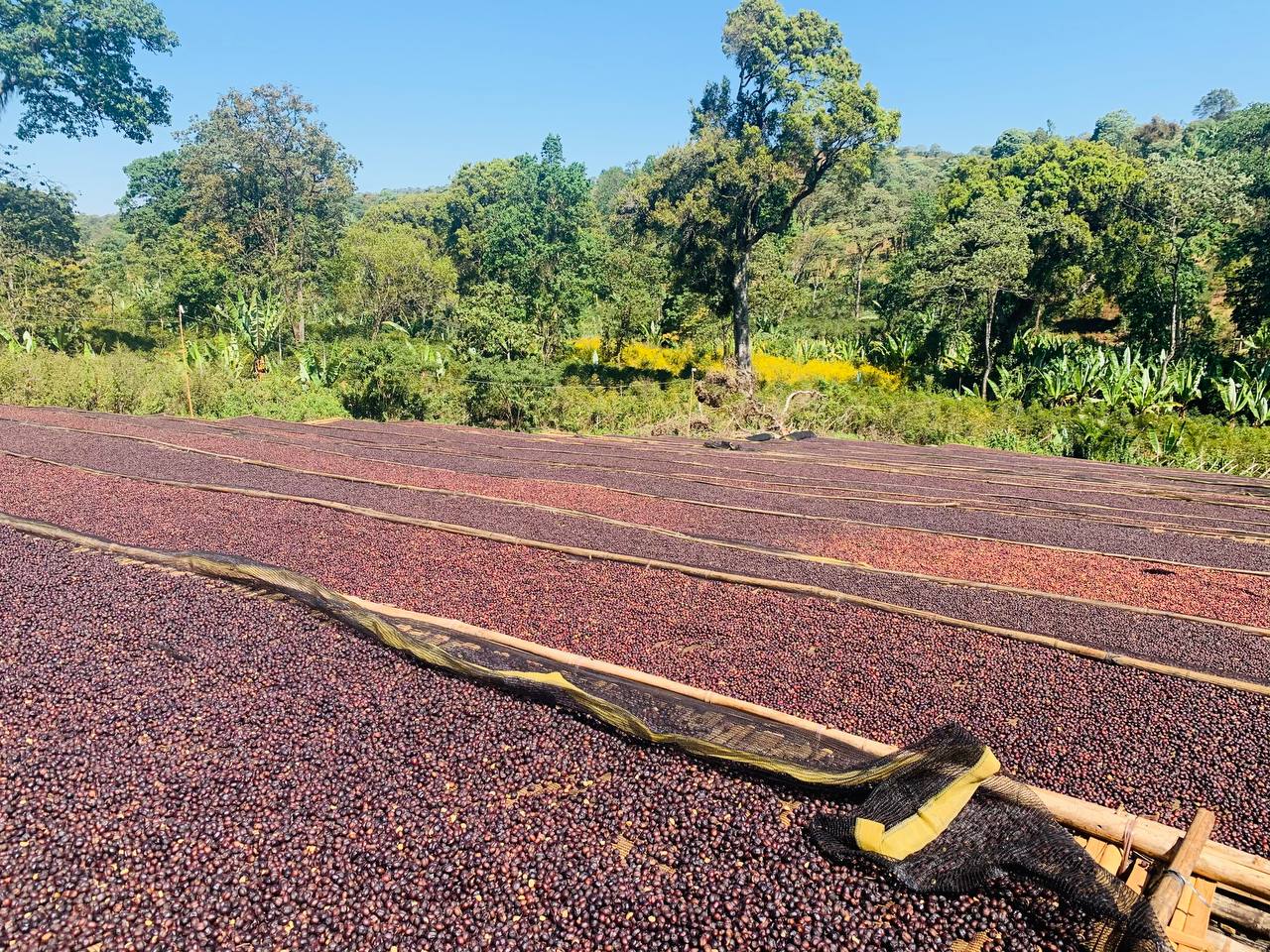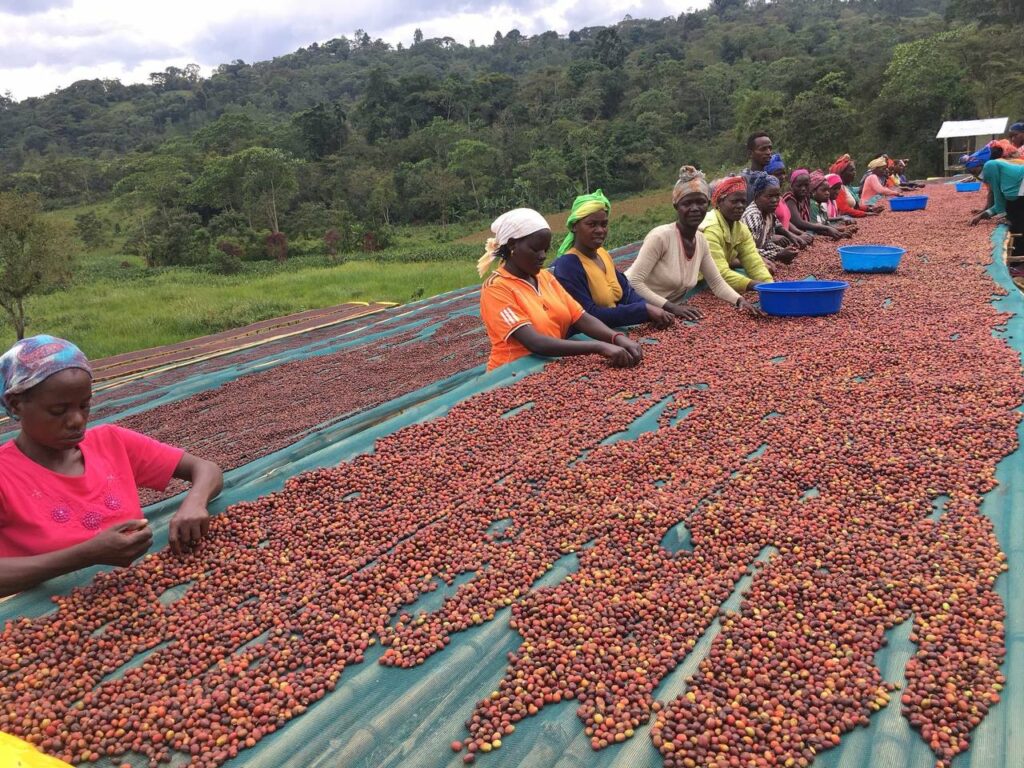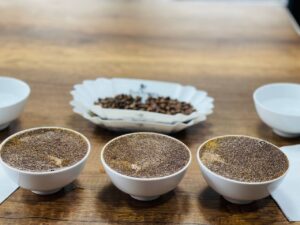“Understanding Specialty Grade Coffee: Meeting Export Standards and Delivering Excellence”
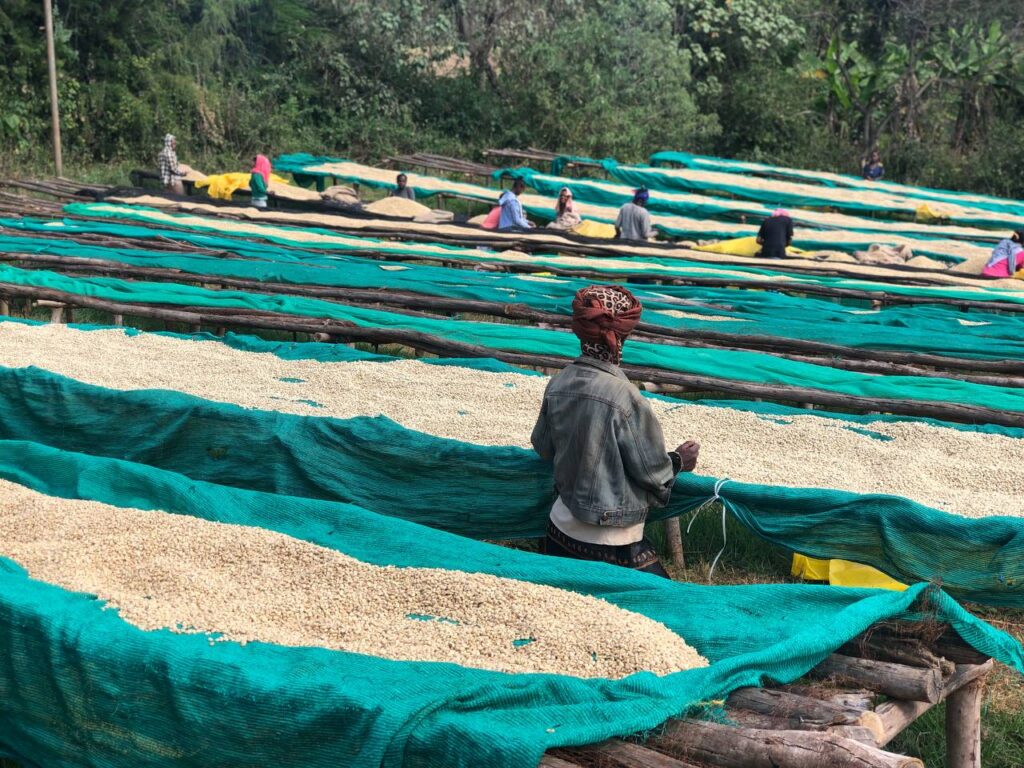
In the world of coffee, the term “specialty grade” is synonymous with the highest levels of quality and excellence. Specialty grade coffee is meticulously evaluated and graded to meet stringent standards, ensuring that only the finest beans make it to the cup. For coffee enthusiasts and industry professionals alike, understanding what sets specialty grade coffee apart and how it meets export standards is essential. In this blog post, we’ll explore the characteristics of specialty grade coffee, the grading process, and the importance of these standards in the global coffee market.
What is Specialty Grade Coffee?
Specialty grade coffee represents the pinnacle of coffee quality, defined by its superior flavor, minimal defects, and exceptional growing and processing conditions. These beans are cultivated with great care, often in specific microclimates that enhance their unique characteristics. The Specialty Coffee Association (SCA) sets the standards for what qualifies as specialty grade, ensuring consistency and excellence across the industry.
Characteristics of Specialty Grade Coffee
- Flavor Profile: Specialty grade coffee is celebrated for its complex and vibrant flavor profiles. These beans exhibit a wide range of flavors, including bright acidity, floral and fruity notes, and rich, full-bodied undertones. The distinctiveness of specialty coffee comes from the unique terroir of the regions where it is grown, as well as meticulous processing methods.
- Minimal Defects: One of the key criteria for specialty grade coffee is the minimal presence of defects. According to the SCA, specialty grade coffee can have no more than 0-5 full defects per 300 grams of beans. Defects can include broken beans, insect damage, and foreign matter. This rigorous standard ensures that the beans are of the highest quality.
- Uniformity: Specialty grade coffee beans must be uniform in size, shape, and color. Uniformity is crucial for consistent roasting, which directly impacts the flavor and quality of the final cup. Beans that are too varied can lead to uneven roasting and a less desirable coffee experience.
- High Altitude: Specialty coffee is often grown at high altitudes, which contributes to its superior quality. Higher elevations provide a cooler climate, allowing the coffee cherries to mature more slowly. This slow maturation process results in denser beans with more complex flavors.
The Grading Process
The grading process for specialty coffee is thorough and involves several key steps:
- Harvesting: Coffee cherries are handpicked at peak ripeness to ensure optimal quality. Selective picking ensures that only the best cherries are chosen, which is essential for producing specialty grade coffee.
- Processing: The cherries are processed using various methods, including washed, natural, and honey processing. Each method affects the flavor profile of the coffee. Specialty grade coffee requires meticulous processing to preserve the beans’ quality and unique characteristics.
- Drying and Milling: After processing, the beans are dried and milled to remove the outer layers. Proper drying is crucial to prevent mold and preserve the beans’ quality. Milling ensures that the beans are clean and free from any remaining defects.
- Grading and Sorting: The beans are then graded and sorted based on size, density, and defect count. This step is essential to ensure uniformity and quality. Graders use screens to separate beans by size and handpick any remaining defective beans.
- Cupping: The final step in the grading process is cupping, where coffee experts evaluate the beans’ flavor profile. Cupping involves brewing the coffee and assessing its aroma, taste, and overall quality. Only beans that meet the stringent standards set by the SCA are classified as specialty grade.
Meeting Export Standards
Specialty grade coffee that meets export standards undergoes rigorous quality control to ensure it upholds the highest levels of excellence. Export standards are crucial for maintaining the reputation and integrity of specialty coffee in the global market. These standards include:
- Traceability: Export-grade specialty coffee must be traceable back to its origin. This traceability ensures transparency and accountability in the supply chain, allowing consumers to know the source of their coffee.
- Quality Assurance: Exporters implement stringent quality assurance protocols to maintain the integrity of specialty grade coffee. This includes regular inspections, adherence to processing guidelines, and proper storage to preserve the beans’ quality.
- Certification: Many specialty coffees carry certifications such as Fair Trade, Organic, and Rainforest Alliance. These certifications verify that the coffee meets specific ethical and environmental standards, providing additional assurance to consumers.
- Consistent Supply: Export-grade specialty coffee must be consistently available to meet the demands of the global market. Reliable supply chains and strong relationships with coffee farmers and cooperatives are essential for ensuring a steady flow of high-quality beans.
The Importance of Specialty Grade Coffee in the Global Market
Specialty grade coffee plays a vital role in the global coffee market, driving innovation, quality, and sustainability. Its impact is felt in several key areas:
- Consumer Demand: As consumers become more discerning about their coffee, the demand for specialty grade coffee continues to rise. Coffee lovers seek out unique flavors, ethical sourcing, and exceptional quality, all of which specialty coffee provides.
- Economic Impact: Specialty coffee commands higher prices in the market, providing better incomes for coffee farmers. This economic boost supports sustainable farming practices and improves the livelihoods of coffee-growing communities.
- Sustainability: The specialty coffee industry places a strong emphasis on sustainability. From environmentally friendly farming practices to fair trade initiatives, specialty coffee promotes a more sustainable and ethical coffee supply chain.
- Innovation: The pursuit of excellence in specialty coffee drives innovation in farming, processing, and roasting techniques. This continuous improvement enhances the overall quality of coffee and contributes to the industry’s growth and development.
Conclusion
Specialty grade coffee represents the zenith of coffee quality, characterized by its complex flavors, minimal defects, and exceptional growing conditions. The meticulous grading process and adherence to export standards ensure that only the finest beans reach consumers, offering a superior coffee experience. As the demand for specialty coffee grows, its impact on the global market continues to expand, driving innovation, sustainability, and economic benefits for coffee-growing communities. Whether you’re a coffee connoisseur or simply appreciate a great cup of coffee, specialty grade coffee promises to deliver an unparalleled journey of flavor and excellence.
Aroma Specialty Coffee is your go-to destination for all things coffee. Whether you’re a fan of a rich, bold brew or a soothing cup of Coffee, we have a wide selection of beverages to satisfy your cravings. With our expertise and passion for quality, we are committed to providing you with an exceptional experience every time you subscribe coffee.
